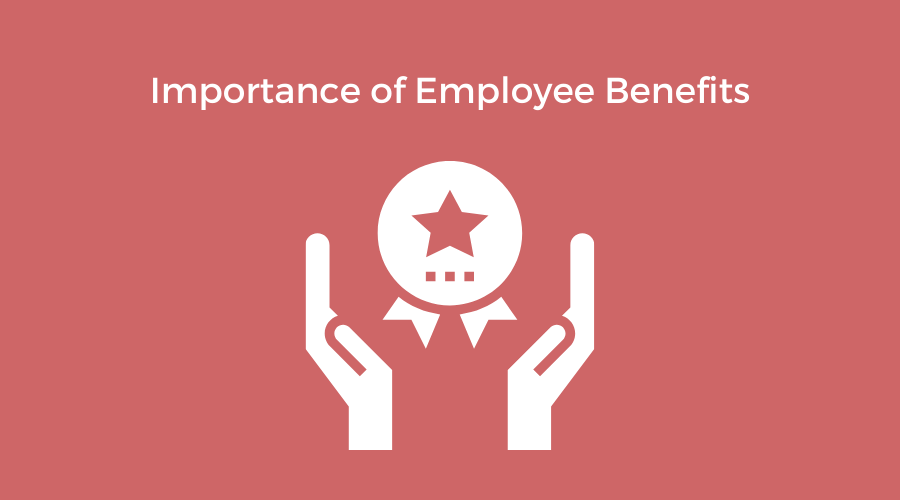It’s almost impossible to overstate the importance of employee benefits. Especially in today’s recruiting conditions. Target and Walmart recently announced 100% paid tuition programs in an effort to attract (and retain) more frontline workers.
Surveys find employees consistently say benefits not just important, but often a deciding factor in whether to look for a new job or accept one. The Society for Human Resource Management found 92% of employees rank the importance of employee benefits as key to their overall job satisfaction. A survey last summer by Prudential Financial found the importance of employee benefits so significant that 73% of workers report they are a big reason for staying at their job.
The importance of employee benefits to workers is so great they overestimate their economic value by almost 30% according to the American Institute of CPAs.
Benefits also play a key role in recruiting talent. Job candidates have turned down offers that pay more, but don’t offer the benefits they want. Glassdoor says 57% of adults report benefits and perks are among their top considerations before accepting a job.
In industries desperate for workers, especially those in retail and hospitality, employers are extending at least some benefits to their part-time workers. Amazon, for example, now gives 20 hour a week workers partially paid health insurance, fully paid vision and dental insurance and life and disability insurance. Chipotle has long provided basic benefits to all its workers and this year began offering to cover college tuition costs. Many other companies, Starbucks among them, are doing the same or, more commonly, are offering to help pay off student loans.
Why are companies doing this? They recognize the importance of employee benefits in recruiting top talent and retaining workers. Because hiring demand is high and the supply of skilled workers so short, retention has become a top priority for most organizations. The technology sector long ago led the way, providing free food, unlimited time off, paid parental leave, child care and time off for volunteer work as a way of attracting and keeping their workers.
The importance of employee benefits varies by generation. Older workers with grown children would rather have higher contributions to 401(k) than child care. Millennials place a premium on student loan repayment assistance.
Medical, dental, vision and life insurance and some form of a retirement plan are must haves regardless of age. No company that doesn’t offer these basic benefits can hope to successfully compete for the best talent or retain workers for long. Without these, even a 30% pay premium isn’t enough to attract workers, according to the American Institute of CPAs.
These are also the most expensive of benefits for an employer to provide, a primary reason why most companies today have shifted some of the cost to the employee.
Not all benefits, however, have an out of pocket cost. Surveys just in the last year by Unum, Staples and SHRM found workers most want flexible schedules and the ability to work remotely most or at least part of the time. The 1,549 participants in the Staples survey declared them to be “must have” benefits.
Paid time off and paid family leave were listed as top benefits by 35% and 24% respectively of the workers in the Unum survey.
Some of these valued benefits don’t have a direct cost, though there can be some effect on overall productivity. However, as companies discovered during the forced pandemic shutdowns, productivity increased among employees able to work from home.
Another type of benefit, so-called voluntary benefits, cost employers nothing, but add to the overall importance of employee benefits a company offers. Included among these are buying program discounts, hospital indemnity coverage that pays cash for each day of a hospital stay, long term care insurance and education savings plans.
While some companies will pay the cost of one or more of these benefits, usually it’s the worker choosing the benefit who pays the full cost through payroll deduction. The advantage is that the price of the coverage or the benefit is much lower than if the worker were to buy it privately.
The Covid pandemic has had a profound impact on the importance of employee benefits. It accelerated trends toward remote work and flexible schedules and has put a sharper focus on mental health benefits and wellness programs.
Melanie Tinto, CHRO of the payment processing and information management services firm WEX, could have been speaking for all HR professionals when she told HRExecutive, “The pandemic has shown me that flexibility is impacting every part of the way we work, and our benefits packages are going to need to be just as flexible going forward.”
###
John Zappe Contributed


